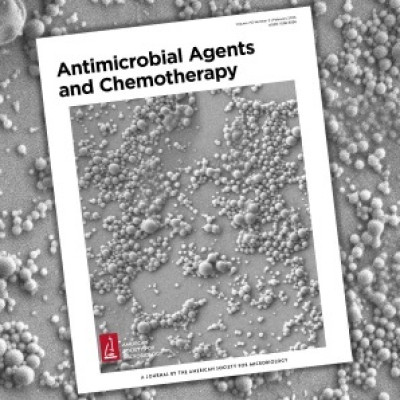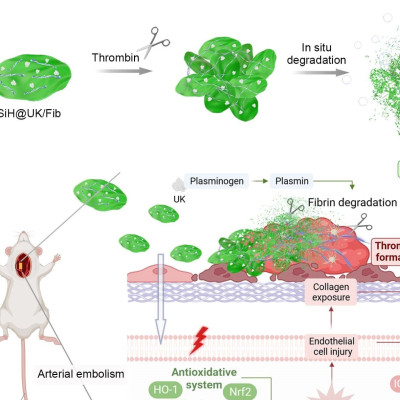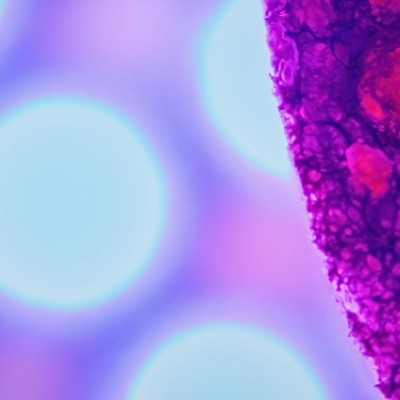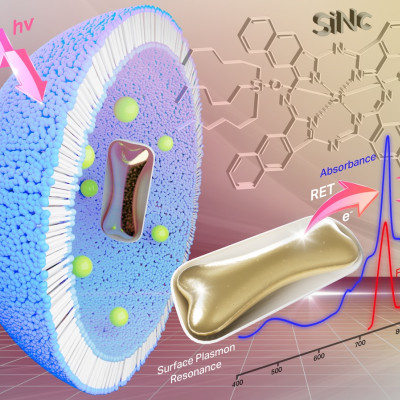Nanobodies are small antibody proteins naturally produced in specific animals like camels, alpacas, and llamas.
ARS researchers turned to evaluating nanobodies to prevent and treat citrus greening disease in citrus trees. These scientists are now using their newly developed and patented SymbiontTM technology to show that nanobodies can be easily produced in a plant system with broad agricultural and public health applications. As a proof-of-concept, researches showed that nanobodies targeting the SARS-CoV-2 virus could be made in plant cells and remain functional in blocking the binding of the SARS-CoV-2 spike protein to its receptor protein: the process responsible for initiating viral infection in human cells.
"We initially wanted to develop sustainable solutions to pathogens in crop production," said ARS researcher Robert Shatters, Jr. "The results of that research are indeed successful and beneficial for the nation's agricultural system. But now we are aware of an even greater result — the benefits of producing therapeutics in plants now justify the consideration of using plants to mass produce COVID-19 protein-based therapies."
AgroSource, Inc. collaborated with USDA-ARS to develop the plant-based production system. They are currently taking the necessary steps to see how they can move this advancement into the commercial sector.
"This is a huge breakthrough for science and innovative solutions to agricultural and public health challenges," said ARS researcher Michelle Heck. "This cost-efficient, plant-based system proves that there are alternative ways to confront and prevent the spread of emerging pathogens. The approach has the potential to massively expand livelihood development opportunities in rural agricultural areas of the nation and in other countries."
Read the original article on Agricultural Research Service (ARS).







